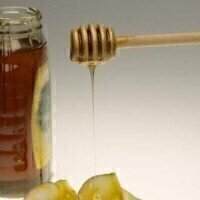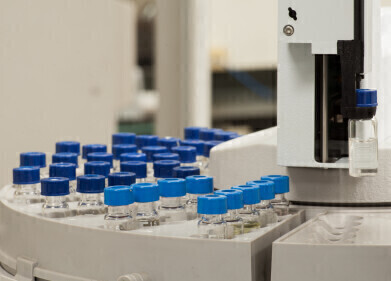-
 Keloid fibroblasts could be treated with extracts of Tualang honey
Keloid fibroblasts could be treated with extracts of Tualang honey
GC, MDGC
Tualang honey has antiproliferative effect on keloid fibroblasts
Sep 27 2011
In a study, published by BMC Complementary and Alternative Medicine and undertaken by a team in Malaysia, the scientists explained that keyloid is a type of scar tissue which spreads beyond the boundaries of the original wound, invading the surrounding skin.
Tualang honey has been considered a potential treatment for keloid fibroblasts, with the investigation aiming to identify the antiproliferative effect of methanolic extraction of Tualang honey to primary human keloid fibroblasts.
It also sought to identify the volatile compounds in methanol extraction of Tualang honey.
Using GC-MS, the team analysed the extracted samples of normal and keloid fibroblasts treated with Tualang honey.
The scientists found that Tualang honey does have an antiproliferative effect on keloid fibroblasts which may involve cell signalling pathways.
They suggested that further work be carried out in the future to identify other volatile compounds from different organic solvents.
Digital Edition
Chromatography Today - Buyers' Guide 2022
October 2023
In This Edition Modern & Practical Applications - Accelerating ADC Development with Mass Spectrometry - Implementing High-Resolution Ion Mobility into Peptide Mapping Workflows Chromatogr...
View all digital editions
Events
Jan 20 2025 Amsterdam, Netherlands
Feb 03 2025 Dubai, UAE
Feb 05 2025 Guangzhou, China
Mar 01 2025 Boston, MA, USA
Mar 04 2025 Berlin, Germany













